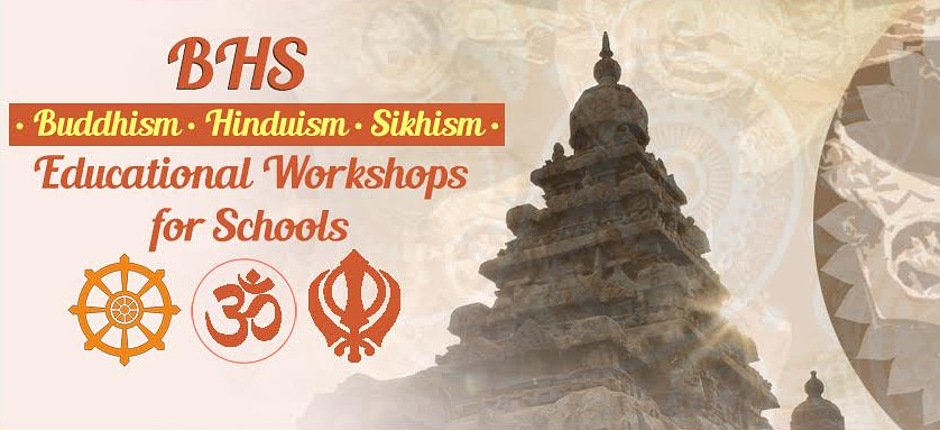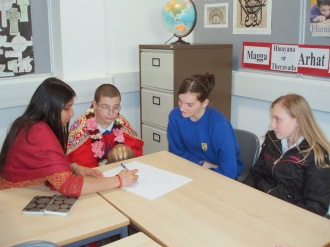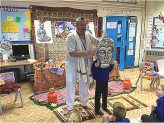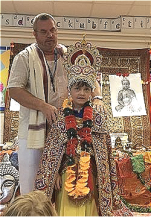Example of an Academic Secondary Workshop: Critical Thinking Module - Method of Thinking
This module has three basic elements and is called Method of Thinking, also known as Nyaya Anuman in the Sanskrit language.
1. Curiosity: (Jijnasu) is an inherent nature common to humans and even to the lower species. This natural phenomena is ultimately meant to lead one to research into the purpose of existence. Athato brahma jijnasa, "Now (that I am a human), it is time to enquire into the Absolute Truth". (Vedanta Sutra 1.1)
2. Skeptisism: (Pariprashna) 0r having a healthy questioning attitude and not blindly believing everything everyone tells you is a good thing. This part of the lesson teaches us how there is a difference between submissive questioning and egotistic challenging. A virtue and an art which is tempered by the following third element.
3. Humility: (Dhainya) is the key to unlocking the door of understanding things as they are, rather than as we interpret them to be through our fickle mind and imperfect senses. The Vedic antithesis of humility in the Sanskrit is 'atmavan manyate jagat' - 'One sees all other like oneself'.
Example of a Cultural Workshop: Hindu Mock Wedding Module
The Hindu mock wedding is very popular in all secondary schools. Students experience all the colour and fun of a Hindu wedding. A bride and groom are chosen by the teacher. The rest of the class role play as best man, brides maids, family & friends. It is a very colourful and exciting real life experience for both students and staff. Girls get to wear sarees and the bride wears a red/gold wedding saree. Click on the photo to see some video footage from a primary school mock Hindu wedding.










